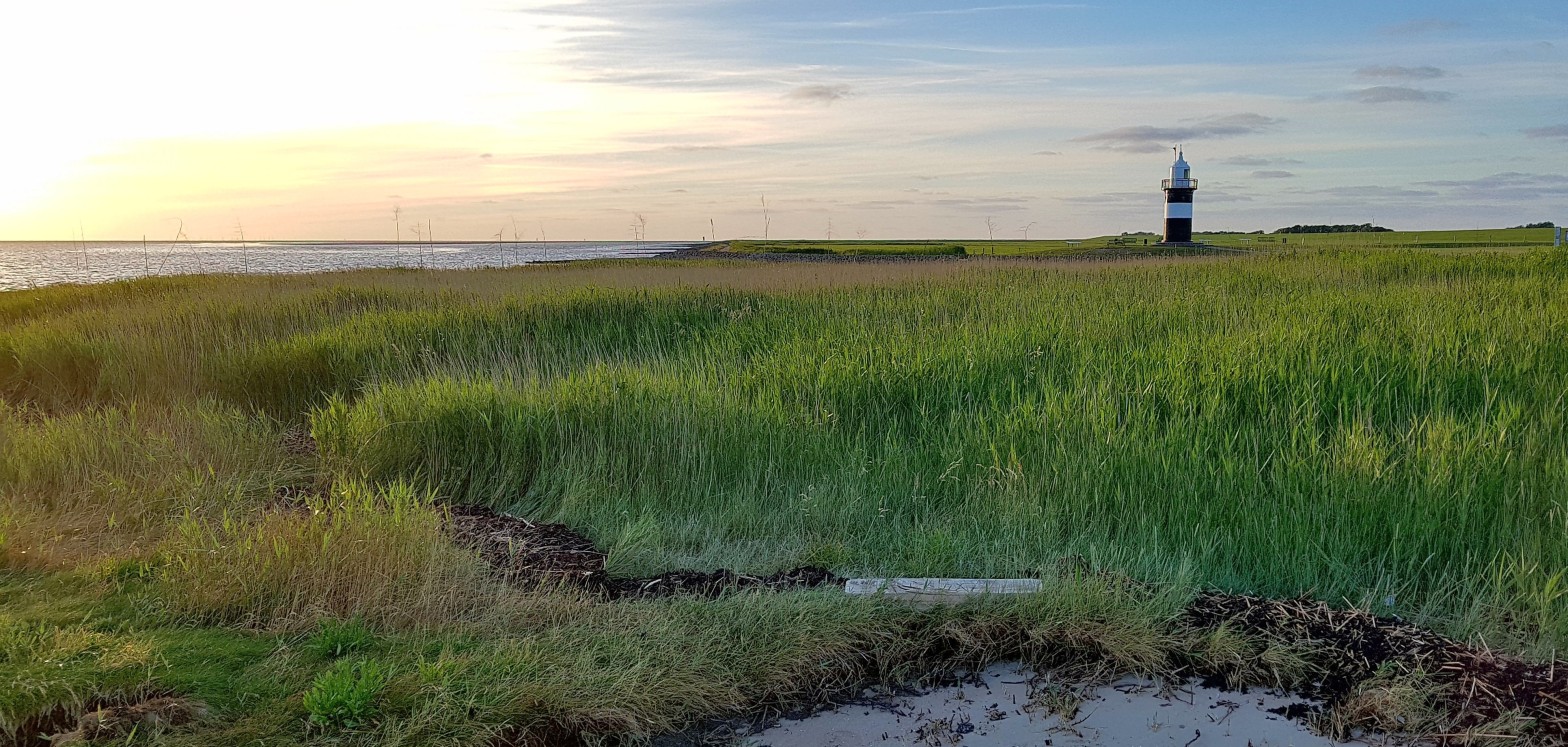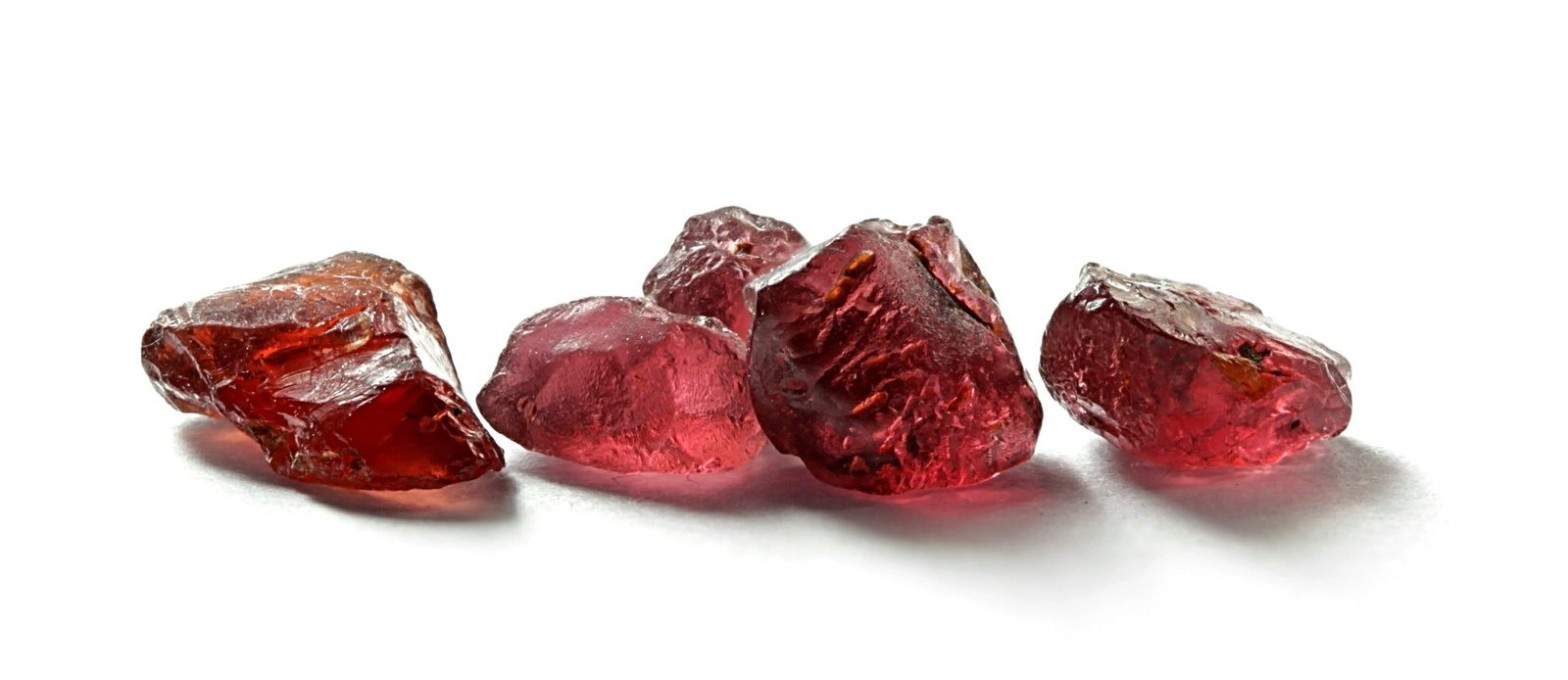Close to a terp named Fallward near the village of Wremen in Land Wursten, archaeologists discovered a unique site offering a rare glimpse into the world of the Migration Period. A view into the world of the Old Saxons who lived on the tidal marshlands of the Wadden Sea at the mouth of the RiverContinue reading “The Deer Hunter of Fallward, and his Throne of the Marsh”
Tag Archives: archaeology
Scratching runes was not much different from spraying tags
Carving runes into combs and stones is basically the same as spraying tags on subway cars and bicycle tunnels. Those who create runes or graffiti are called writers. More precisely, rune writers and graffiti writers. The word graffiti stems from the Italian word graffio, which means ‘scratch’ and invented in the context of the PompeiiContinue reading “Scratching runes was not much different from spraying tags”
A severe case of inattentional blindness: the Frisian tribe’s name
The name Frisii for the people living on the southern coast of the North Sea is old. Very old. It dates from Late Antiquity. Today, we call them Frisians. Roman and Greek historians and bureaucrats have written down the tribe’s name of this Germanic or Celtic people in many texts, almost two millennia ago. WithContinue reading “A severe case of inattentional blindness: the Frisian tribe’s name”
To the end where it all began: ribbon Ribe
Let’s go to the omega, the end of the Frisia Coast Trail. To Ribe in southern Jutland, Denmark. The oldest town in Scandinavia. A town located on the banks of the River Ribe Å. A modest river that flows out into the Wadden Sea opposite the islands Fanø and Mandø. Ribe started as a seasonalContinue reading “To the end where it all began: ribbon Ribe”
A Frontier known as Watery Mess: the Coast of Flanders
At the end of the eighth century, by decree of Charlemagne and under the supervision of the wise men Wlemar and Saxmund, the customary law of the Frisians was codified. It is called the Lex Frisionum. Its jurisdiction included the land between the Flehum and Sincfalam rivers ‘between Vlie and Sincfalam river’. The River FlehumContinue reading “A Frontier known as Watery Mess: the Coast of Flanders”
Expelled from Regal Grounds
July 1987. The two Frisian bastards, both being sixteen years old at the time, went to the village of Wijnaldum, or Winaem in Mid-Frisian language. Reason to go, was twofold. Firstly, the yearly street-kaatsen tournament was taking place that day. Secondly, one of their most beautiful classmates, Gerda, lived closed to the village. The yearlyContinue reading “Expelled from Regal Grounds”
The Killing Fields, of the Celts
About 2,000 years ago, a tragedy unfolded. A sixteen-year-old girl, who suffered from scoliosis during her young life, was killed. Her red hair was shaved off on one side, she was stabbed at the base of her neck on the right shoulder, and strangled with a woollen rope. The rope was still around her neck.Continue reading “The Killing Fields, of the Celts”
Rowing souls of the dead to Britain: the ferryman of Solleveld
In 2004, a unique discovery was made at the early-medieval grave field of Solleveld, just south of the city of The Hague: a boat grave. Exactly two hundred kilometers, perfectly east, across the North Sea, from the legendary boat burial of Sutton Hoo. With this one-of-a-kind find, the Netherlands joined the ranks of ship burialContinue reading “Rowing souls of the dead to Britain: the ferryman of Solleveld”
Groove is in the Hearth
The hearth was, in pre- and early-medieval times, the Holy of Holies. The heart of the family. Where you would lay back and groove. Groove on the sound of the endless rains on the thatched roof or on the sound of seawater at your feet below. Splashing against the grassy slopes of your house platform.Continue reading “Groove is in the Hearth”
Ornament of the Gods found in a mound of clay
In the year 516, King Hygelac of the Geats, a tribe in (probably) the southeast of Sweden, raided Frisia. Back then, this part of the Netherlands was an impenetrable land with big rivers, little streams, swamps, peat, bog, and damp forests covered with moss. Hygelac’s expedition into Frisia was less fortunate, since he was killedContinue reading “Ornament of the Gods found in a mound of clay”










